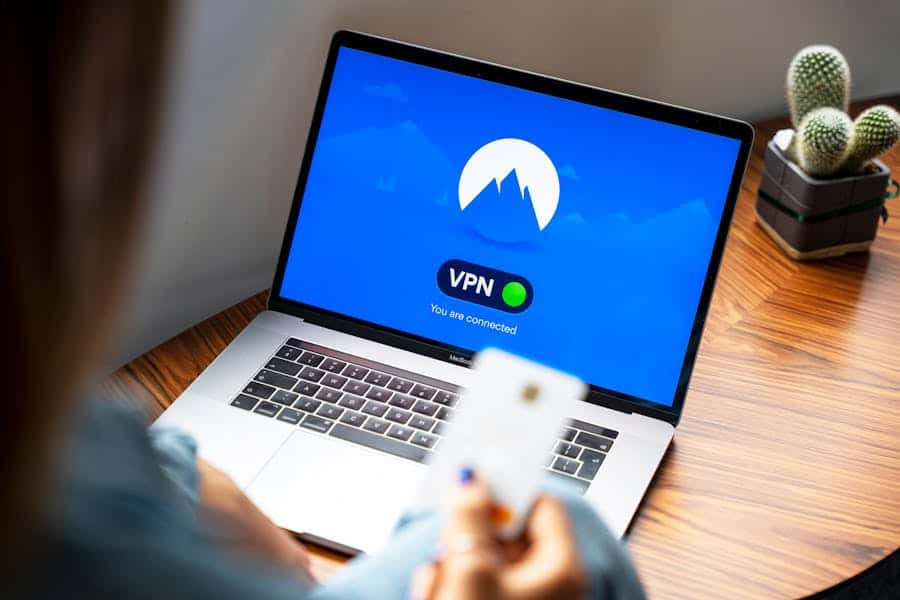Brazil has witnessed an unprecedented spike in VPN usage after the Supreme Court issued a ban on X, formerly known as Twitter. On August 30, Justice Alexandre de Moraes ordered the ban, demanding X appoint a local legal representative to comply with Brazilian law. X’s refusal has led millions of users to turn to VPNs as a workaround, even as the government threatens fines of nearly $9,000 per day for those who bypass the block.
With VPN demand surging over 1600% in Brazil following the ban, top VPN providers like NordVPN and Proton VPN quickly rose to the top of the Brazilian app charts. Proton VPN recorded an 1840% spike in new signups over the weekend, underscoring the resolve of Brazilian citizens to maintain access to the platform.
Escalating Tensions Between X and the Brazilian Government
The roots of the X ban stem from earlier clashes between Brazilian authorities and X owner Elon Musk. The tensions began in April when the Supreme Court ordered X to block certain accounts, citing legal concerns over free speech and public safety. Musk pushed back, vowing to uphold user rights and remove content limitations, even if it meant halting X’s Brazilian operations.
After X closed its office in Brazil on August 17, Moraes delivered an ultimatum, giving the company 24 hours to appoint a local representative. When X refused, the nationwide ban on the platform was ordered, sparking a heated public debate on censorship and online freedoms.
A New Wave of Digital Activism and VPN Usage
Brazilian citizens, unwilling to give up their access to X, flocked to VPN services, transforming them into essential tools for digital freedom. In the first hours after the ban, VPN usage in Brazil jumped by nearly 500% and reached 1600% the following day. According to experts, this surge highlights the significant role of VPNs in circumventing government restrictions, allowing users to mask their location and maintain access to restricted sites.
David Peterson, General Manager at Proton VPN, remarked, “The recent surge reflects a desire among Brazilians to retain their communication channels. This ban has raised critical discussions on censorship and the right to digital freedom.” However, VPN users now risk fines for attempting to bypass the block.
Implications for the Future of Digital Rights
The Brazilian Bar Association voiced concerns about the fines, stating that imposing a daily penalty for using circumvention tools is a violation of constitutional rights. Proton VPN’s no-log policy further complicates the government’s efforts to track users, as no personal or usage data is retained by the VPN service.
In an unusual move, Moraes urged tech giants Apple and Google to prevent users from accessing X through their devices. Reports indicate that this has made VPNs difficult to download in Brazil, especially on Apple’s App Store. Nonetheless, Brazilians continue to install these services, viewing them as vital resources for online freedom and privacy.
This situation has ignited a larger conversation on the balance of power between governments and tech platforms and the potential consequences of limiting access to popular sites. With VPNs now essential for many, the Brazilian experience highlights the importance of digital literacy, privacy, and secure online tools in a changing digital landscape.

